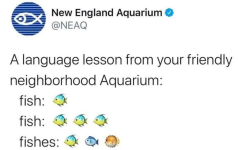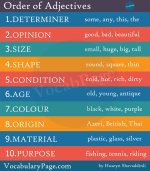Bramblethorn
Sleep-deprived
- Joined
- Feb 16, 2012
- Posts
- 19,150
Sorry, I don't get this at all. Can someone give me a clue?
A for Horses (or A fer Gardener)
Hay for horses; Ava Gardner
B for Mutton
Beef or mutton
C for Miles (or Seaforth Highlanders or C for Yourself)
See for miles/etc.
D for Dumb (or D fer Ential) (or D fer Kate)
Differential, not sure of the other two
E for Brick
Heave a brick
F for Lump (or F fer Vescence)
Heffalump/effervescence
etc. etc.


